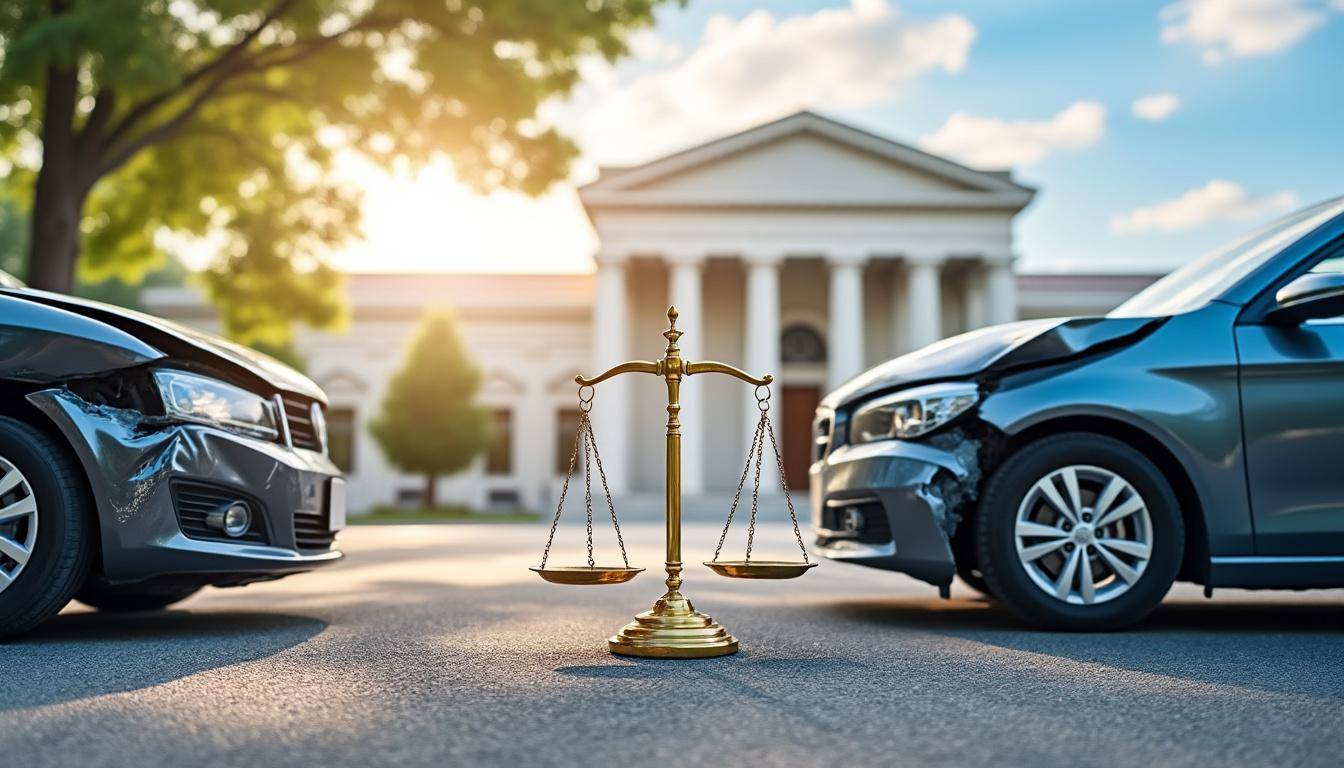Car accidents without physical injuries often leave drivers and passengers unsure about their legal rights and options. Even though no one walks away hurt, these incidents can cause costly vehicle damage and emotional distress, making it essential to know how to protect your interests. In 2025, navigating insurance claims and possible compensation after a no-injury car accident has become increasingly complex due to varying policies and legal nuances. Understanding your rights—regardless of injury status—empowers you to seek fair resolutions and safeguards your future.
What Does a No-Injury Car Accident Mean for Your Legal Rights?
A no-injury car accident means that, thankfully, no physical harm was caused to any party involved. However, this does not equate to the absence of legal or financial consequences. Such accidents can still involve:
- Significant property damage to your vehicle
- Potential claims for out-of-pocket expenses, like rental cars
- Emotional distress or inconvenience that might warrant compensation
Crucially, understanding how cases without injuries are handled involves dispelling common myths.
Common Misconceptions About No-Injury Accidents and Compensation
When involved in a no-injury crash, several myths might cloud your judgment:
- You cannot claim compensation if no one is hurt. This is false; you can claim for vehicle repairs and related costs.
- A police report is unnecessary. However, official documentation often strengthens insurance claims or settlements.
- Exchanging insurance information isn’t required if everyone is uninjured. On the contrary, sharing insurance details is vital for any following claims.
Insurance companies like Allstate, GEICO, State Farm, and others treat these cases seriously, so having proper documentation and understanding your rights is key.
Available Compensation Options After a No-Injury Car Accident
Even without physical harm, you might be entitled to various forms of compensation based on several factors:
- Insurance coverage of the at-fault driver: If they have insurance through providers like Progressive or Liberty Mutual, you may receive payment for vehicle damages.
- Your own insurance: Uninsured or underinsured drivers complicate claims, potentially leaving you to pursue your own policy or legal action.
- Out-of-pocket costs: Expenses such as rental vehicles or minor medical diagnostics after the accident can also be claimable.
- Severity of damage: Total loss or significant vehicle impairment often leads to higher claims.
- Supporting evidence: Photographs, witness statements, and the police report enhance your negotiation leverage.
For further insight on related legal matters, visit resources like InfiniteLawyer’s Indianapolis car accident lawyer guide or auto accident resources in Irvine.
How to Approach Settlement Discussions in No-Injury Cases
Negotiating with insurance companies or opposing parties requires preparation and strategic understanding:
- Gather all necessary documents: Include repair estimates, photos of damage, and your insurance details.
- Know your vehicle’s value: Research current market value to set realistic compensation expectations.
- Keep communication professional and clear: Focus on facts rather than emotions.
- Be prepared to compromise: Settlements often require give-and-take.
Insurance giants such as Esurance and AAA will often negotiate settlements, but you may need to push for fair treatment. For complicated negotiations, consulting legal professionals is recommended.
When Should You Consult an Attorney for a No-Injury Car Accident?
While many no-injury cases resolve through insurance negotiations, involving a lawyer can be crucial especially if you face challenges:
- Insurance denial or unfair offers
- Complicated liability disputes
- High repair costs or vehicle total loss
- Need for legal representation in court
Note that many personal injury firms might not take cases without physical harm, but specialized attorneys can help you assert your rights. Explore legal services from platforms such as LegalShield, Nolo, and Avvo for guidance. For injury-related cases, firms like those described on InfiniteLawyer’s motorcycle accident lawyer page may also provide insights into broader legal processes.
Boost Your Advocacy With Trusted Legal Resources
LegalShield offers membership plans that provide access to legal advice, which can be beneficial even for no-injury accidents. Meanwhile, websites like Nolo and Avvo help you find qualified attorneys and understand legal terminologies. Don’t underestimate the power of professional legal assistance when navigating the aftermath of an accident, no matter how minor it seems.
Frequently Asked Questions About No-Injury Car Accident Legal Rights
- Can I claim vehicle damage costs if I was partially at fault?
Yes, certain states allow compensation even if you share fault, though it may affect the amount you receive. - Is a police report mandatory to file an insurance claim?
While not always legally required, insurance companies typically prefer or require a police report for processing claims. - Do I need to hire an attorney for a no-injury accident?
Not necessarily, but legal advice can be vital if the insurance company is uncooperative or the case is complex. - How soon should I report the accident to my insurance?
Prompt reporting, ideally within 24-48 hours, can help your claim proceed smoothly. - Can emotional distress be compensated without physical injuries?
Possibly, but proving emotional distress typically requires strong documentation and legal guidance.

